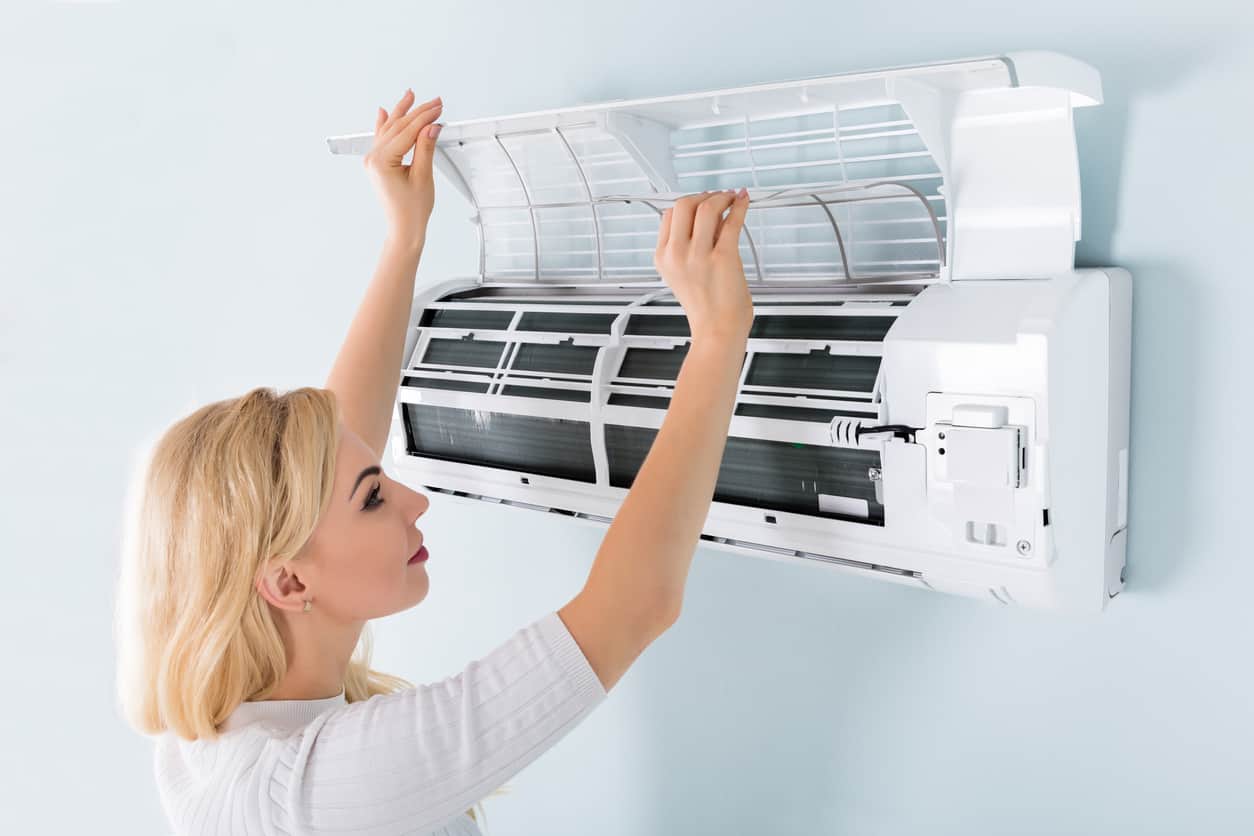

Articles
How To Tell If Your AC Is Frozen
Modified: January 6, 2024
Learn how to determine if your AC unit is frozen with this informative article. Discover common signs and troubleshoot techniques.
(Many of the links in this article redirect to a specific reviewed product. Your purchase of these products through affiliate links helps to generate commission for Storables.com, at no extra cost. Learn more)
Introduction
Welcome to our guide on how to tell if your air conditioning (AC) is frozen. As the temperatures rise, it’s essential to have a properly functioning AC to keep your home cool and comfortable. However, sometimes your AC unit may encounter issues, and one common problem is the freezing of the air conditioner.
When the AC freezes, it not only affects its cooling performance but can also lead to potential damage to the unit. It’s crucial to identify the signs of a frozen AC so that you can take the necessary steps to resolve the issue and prevent any further complications.
In this article, we will discuss what causes an AC to freeze, the signs to look out for, and the steps you can take to thaw a frozen AC. We will also provide some tips to prevent your air conditioner from freezing in the first place.
So, if you’re ready to learn how to detect and resolve a frozen AC, let’s jump right in!
Key Takeaways:
- Identifying signs of a frozen AC, such as weak airflow, warm air instead of cold air, visible ice or frost, unusual noises, and water leaks, is crucial for prompt action to prevent further damage and ensure efficient cooling.
- Thawing a frozen AC involves turning off the unit, switching on the fan, checking for blockages, opening windows for warmer air circulation, waiting for the ice to melt, and cleaning the coils and filters to prevent future freezing issues.
What Causes an AC to Freeze?
Understanding the causes of a frozen AC is crucial to troubleshoot and prevent this issue. Here are some common factors that contribute to the freezing of an air conditioner:
- Inadequate airflow: One of the main reasons for AC freezing is inadequate airflow. When the airflow is restricted, it prevents the warm air from properly circulating and reaching the evaporator coils. This can be caused by a dirty air filter, blocked vents, or closed registers.
- Low refrigerant levels: Refrigerant plays a vital role in the cooling process of an air conditioner. If your AC has low refrigerant levels, it can lead to an imbalance in pressure, causing the evaporator coils to become too cold and freeze. Low refrigerant levels can be caused by leaks in the system.
- Faulty thermostat: A malfunctioning thermostat can cause your AC to continuously run, leading to the freezing of the coils. If the thermostat is not accurately detecting the temperature or is not properly calibrated, it can disrupt the cooling cycle and result in frost buildup on the evaporator coils.
- Dirty evaporator coils: Over time, the evaporator coils can accumulate dirt, dust, and debris, obstructing the heat exchange process and causing the coils to freeze. Regular maintenance, including cleaning the coils, is essential to prevent this issue.
- Defective fan motor or relay: The fan motor and relay are responsible for moving the air over the evaporator coils. If either of these components is faulty, it can disrupt the airflow, leading to the freezing of the AC. The motor may need to be repaired or replaced to resolve the issue.
These are just a few of the common causes of AC freezing. It’s important to note that each AC unit is unique, and there may be other factors specific to your system that can contribute to freezing. Consulting with a professional HVAC technician is recommended for a thorough assessment and accurate diagnosis.
Signs of a Frozen AC
Identifying the signs of a frozen AC is crucial in order to take immediate action and prevent further damage. Here are the common indications that your air conditioner may be frozen:
- Weak or no airflow: One of the first signs of a frozen AC is weak or limited airflow coming from the vents. You may notice that the air conditioner is not blowing air as strongly as before or that the airflow has completely stopped.
- Warm air instead of cold air: Another telltale sign is when your AC is blowing warm or room temperature air instead of cool air. The frozen evaporator coils prevent proper heat absorption and cooling, resulting in warm air being circulated throughout your home.
- Visible ice or frost: If you notice ice or frost buildup on the outdoor or indoor unit of your AC, it is a clear indication of a frozen system. This can be observed as a layer of ice on the refrigerant lines, coils, or on the exterior of the unit.
- Unusual noises: A frozen AC may produce strange noises, such as hissing, bubbling, or whistling sounds. These noises can be a result of the refrigerant flowing through restricted or blocked pathways due to the ice buildup.
- Water leaks: When an AC freezes, the ice on the coils can eventually melt, leading to water leakage. If you notice water dripping or pooling around your AC unit, it is a sign that the system has frozen and is now thawing.
If you notice any of these signs, it’s important to address the issue promptly to prevent further damage and ensure the efficiency and longevity of your air conditioning system. Continued operation of a frozen AC can lead to compressor damage, which can be quite costly to repair or replace.
In the next section, we will discuss how to check for ice buildup on your AC unit and the steps you can take to thaw a frozen air conditioner.
Checking for Ice Buildup
Before you can take any steps to thaw a frozen AC, it’s important to confirm that ice buildup is indeed the issue. Here’s how you can check for ice buildup on your air conditioning unit:
- Inspect the indoor unit: Start by checking the indoor unit of your AC. Look for any frost or ice accumulation on the evaporator coils, refrigerant lines, or the sides of the unit. If you see visible ice, it confirms that your AC has frozen.
- Check the airflow: Next, turn on your AC and assess the airflow coming from the vents. If the airflow is weak or nonexistent, it is a sign that the unit may be frozen. Also, feel the air coming out of the vents to determine if it is cool or warm.
- Examine the outdoor unit: Move outside and inspect the outdoor unit of your air conditioner. Look for any ice or frost on the condenser coils, refrigerant lines, or the exterior of the unit. Ice on the outdoor unit confirms that freezing has occurred.
- Look for water leakage: Check if there are any water leaks around the indoor or outdoor unit. The presence of water may indicate that the ice is thawing, resulting in water seepage from the unit.
If you have confirmed the presence of ice buildup on your AC, it’s crucial to take immediate action to thaw the unit and prevent further damage. In the next section, we will discuss the steps you can take to thaw a frozen air conditioner safely.
Check for ice buildup on the outdoor unit and restricted airflow from the vents. If you notice these signs, turn off the AC and call a professional to prevent further damage.
Steps to Thaw a Frozen AC
If you have determined that your air conditioner is frozen, it’s important to follow these steps to thaw the unit safely:
- Turn off the AC: The first step is to turn off the air conditioner at the thermostat. Do not attempt to continue using the AC while it is frozen, as it can potentially damage the system further.
- Switch on the fan: Set your thermostat to “fan only” mode. This will allow the fan to continue running and help circulate warm air over the frozen coils, aiding in the thawing process.
- Check for blockages: Inspect the air filter, vents, and registers to ensure there are no blockages that could impede airflow. Remove any obstructions that may hinder the warm air from reaching the frozen coils.
- Open the windows: If the outdoor temperature is warmer than the indoor temperature, open some windows to allow warmer air to circulate in the space. This can aid in speeding up the thawing process.
- Wait for the ice to melt: Allow the AC unit to sit for several hours to allow the ice to melt. It’s important to be patient during this time, as rushing the process can lead to damage to the system.
- Clean the coils and filters: Once the ice has completely melted, clean the evaporator coils and replace or clean the air filter if needed. This will help improve the airflow and prevent future freezing issues.
After following these steps, you can turn the AC back on and monitor its performance. If the unit continues to freeze or you notice any other issues, it’s recommended to contact a professional HVAC technician for further inspection and repairs.
Now that you know how to properly thaw a frozen AC, let’s discuss some preventive measures to avoid this issue in the future.
Read more: How To Fix Frozen AC
Preventing AC Freezing
Preventing your air conditioner from freezing is essential to maintain its efficiency and prevent damage. Here are some preventive measures you can take to avoid AC freezing:
- Regular maintenance: Schedule regular maintenance for your air conditioning system. This includes professional inspections, cleaning of the evaporator coils, and checking the refrigerant levels. Regular maintenance can catch any potential issues before they lead to freezing.
- Keep airflow unrestricted: Ensure that the airflow to your AC unit is not obstructed. Make sure furniture, curtains, or other objects are not blocking the vents or return air registers. Additionally, keep the area around the outdoor unit clear of debris or vegetation that might impede airflow.
- Clean or replace air filters: Dirty air filters can hinder proper airflow through the system, leading to freezing. Clean or replace the air filters every few months, or as recommended by the manufacturer, to maintain good airflow and prevent ice buildup.
- Maintain proper insulation: Make sure your home is adequately insulated to prevent cold air from entering and warm air from escaping. Proper insulation helps in maintaining a consistent temperature, reducing the workload on your AC, and minimizing the risk of freezing.
- Ensure thermostat accuracy: Check the accuracy of your thermostat regularly. If it’s not calibrated correctly, it can lead to the AC running longer than necessary, potentially causing freezing. Consider investing in a programmable or smart thermostat for precise temperature control.
- Address refrigerant leaks promptly: If you suspect a refrigerant leak due to low cooling performance or freezing, contact a professional HVAC technician to inspect and repair the issue. Adequate refrigerant levels are crucial for the proper operation and cooling of your AC.
By following these preventive measures, you can significantly reduce the chances of your air conditioner freezing and ensure its longevity and efficiency. However, if you notice any signs of freezing or other AC issues, it’s always best to consult with a professional to diagnose and resolve the problem.
Now that you are equipped with the knowledge to detect, thaw, and prevent a frozen AC, you can keep your home cool and comfortable without any interruptions. Remember to prioritize regular maintenance and address any AC issues promptly to avoid any unnecessary discomfort or costly repairs.
Conclusion
Dealing with a frozen air conditioning unit can be a frustrating and inconvenient experience. However, by understanding the causes, signs, and preventive measures, you can effectively manage and prevent AC freezing.
In this guide, we’ve discussed the common causes of AC freezing, such as inadequate airflow, low refrigerant levels, a faulty thermostat, dirty evaporator coils, and defective fan motors or relays. We’ve also highlighted the signs to look out for, including weak airflow, warm air instead of cold air, visible ice or frost, unusual noises, and water leaks.
If you suspect your AC is frozen, it’s important to follow the necessary steps to thaw it safely. Turn off the AC, switch on the fan, check for blockages, open windows for warmer air circulation, and wait for the ice to melt. Afterward, clean the coils and filters to improve airflow and prevent future freezing issues.
Preventing AC freezing involves regular maintenance, keeping airflow unrestricted, cleaning or replacing air filters, maintaining proper insulation, ensuring thermostat accuracy, and addressing refrigerant leaks promptly.
By implementing these preventive measures and staying proactive in maintaining your AC, you can minimize the risk of freezing and ensure the smooth operation and longevity of your air conditioning system.
Remember, if you encounter persistent AC freezing or other issues, it’s always best to consult with a professional HVAC technician for thorough inspection and repairs.
Keep your home cool and comfortable by being aware of the signs of a frozen AC, taking the necessary steps to address the issue, and implementing preventive measures. With proper care and maintenance, you can enjoy a reliable and efficient air conditioning system throughout the hot summer months.
Frequently Asked Questions about How To Tell If Your AC Is Frozen
Was this page helpful?
At Storables.com, we guarantee accurate and reliable information. Our content, validated by Expert Board Contributors, is crafted following stringent Editorial Policies. We're committed to providing you with well-researched, expert-backed insights for all your informational needs.
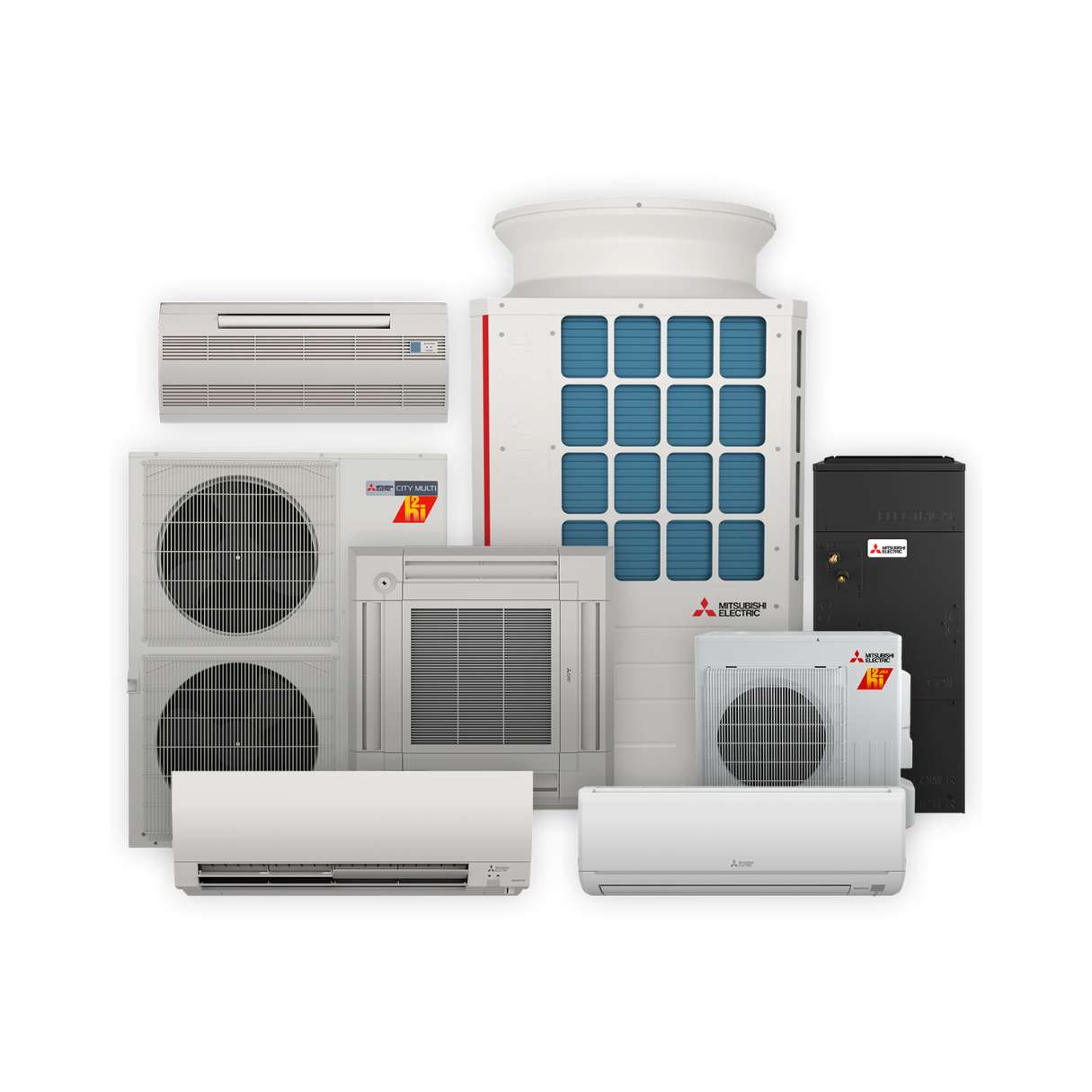
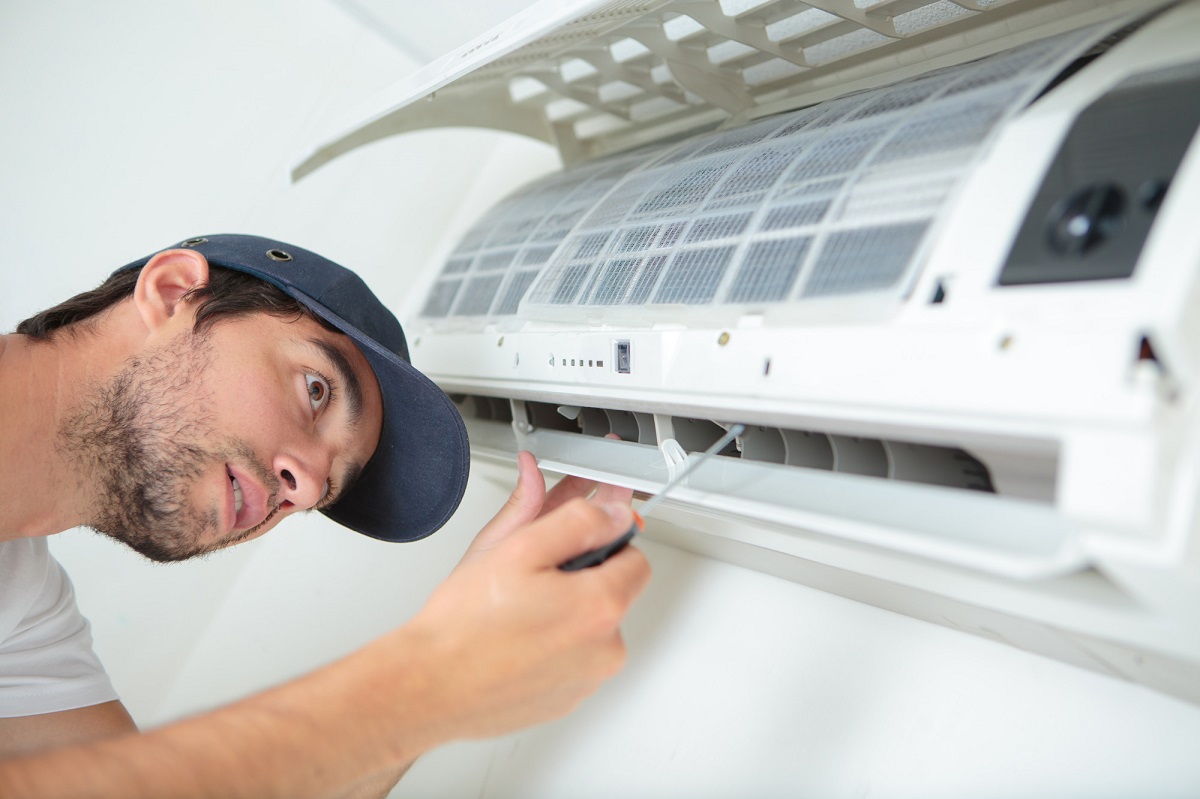
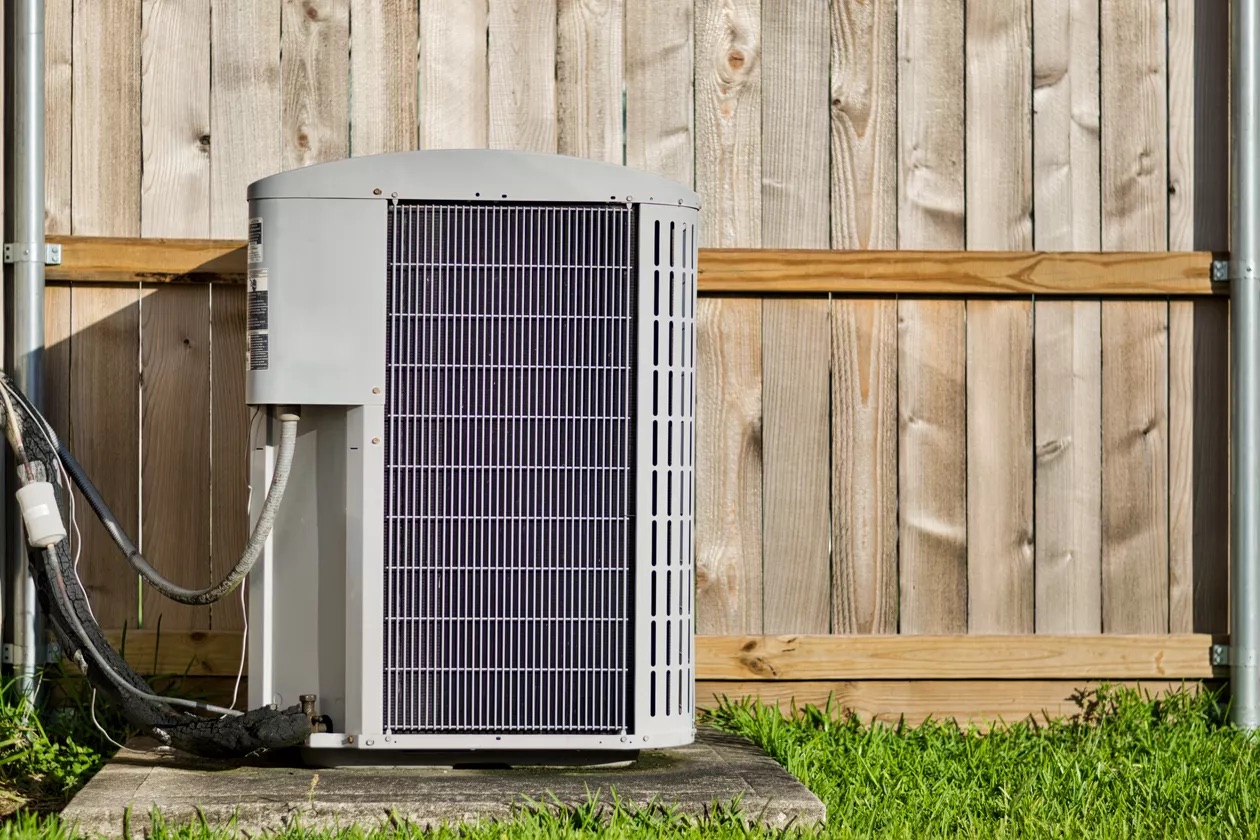

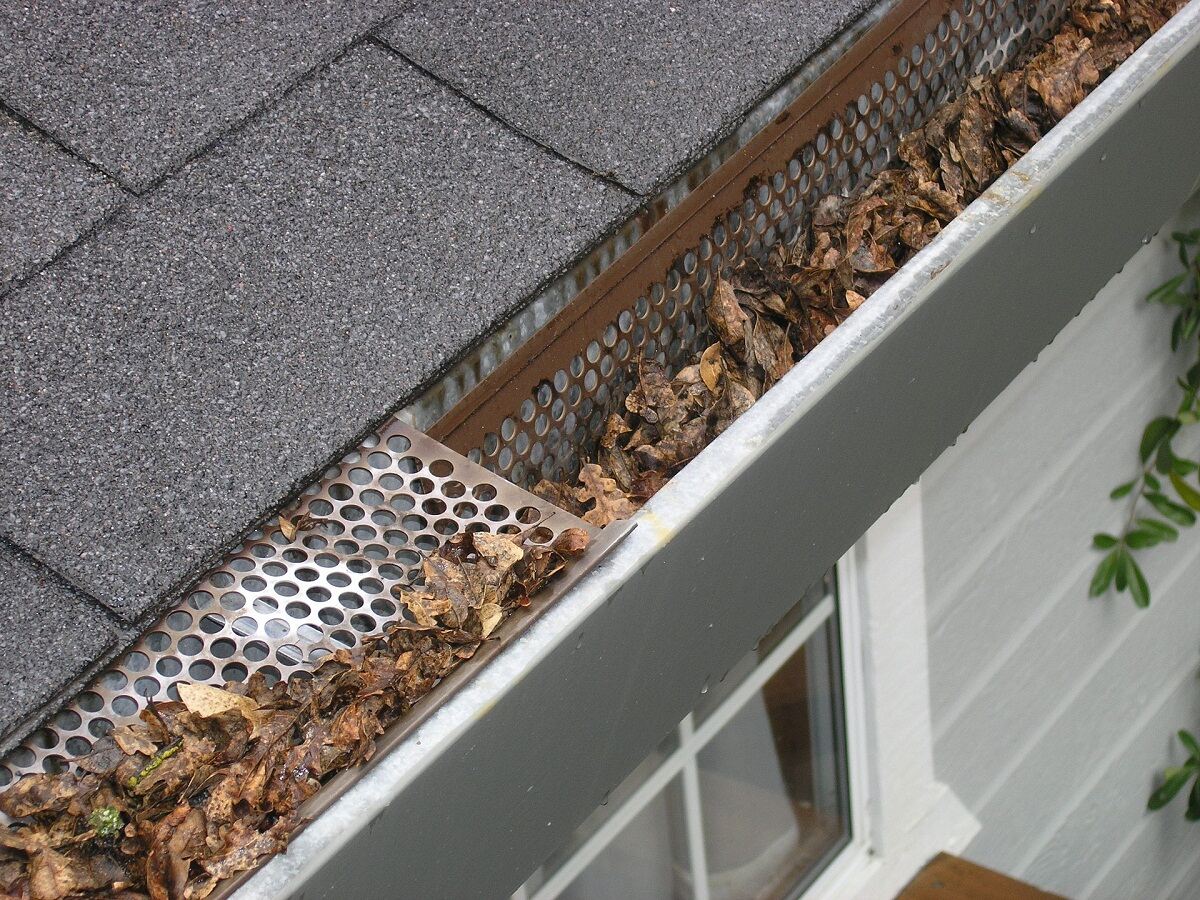

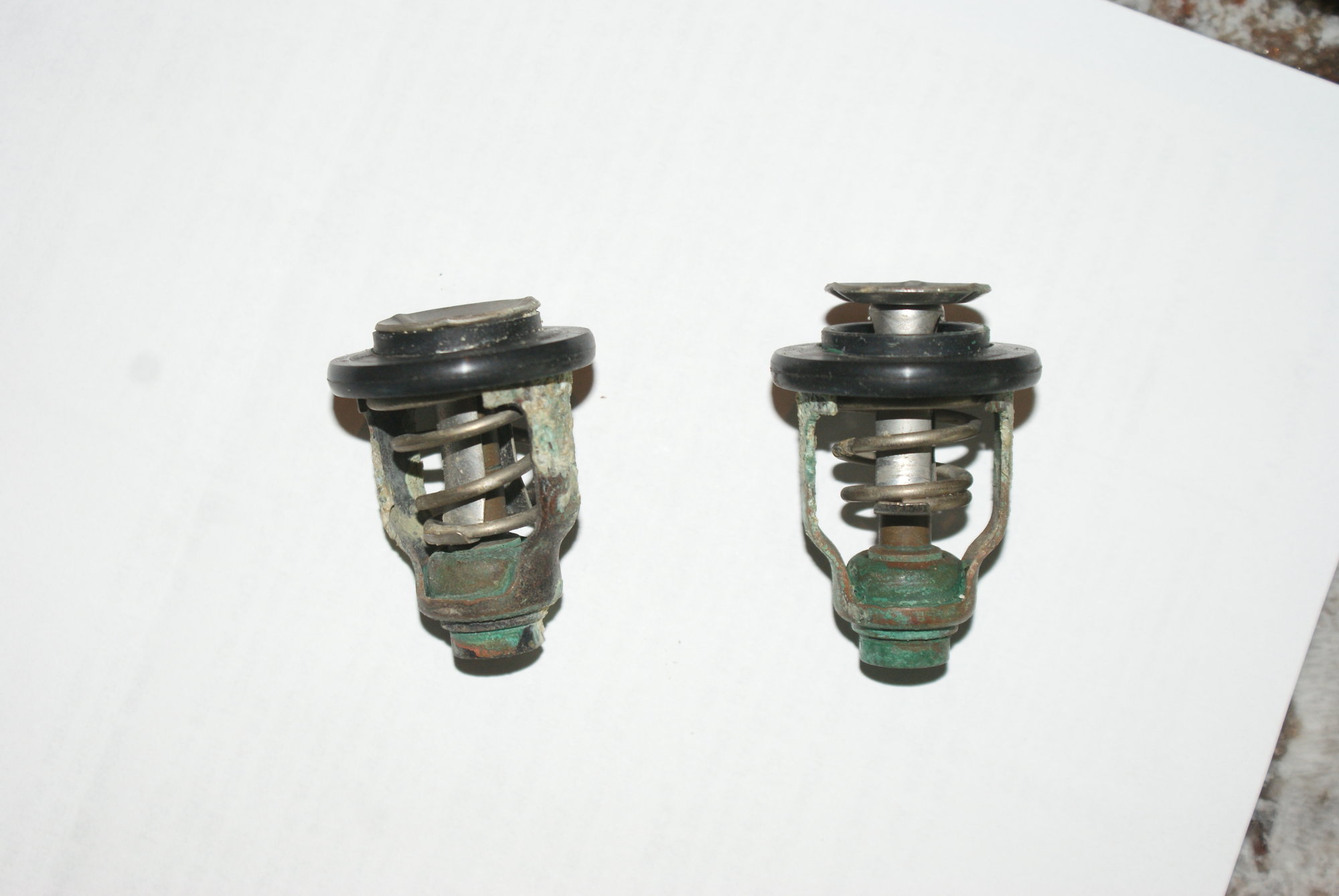
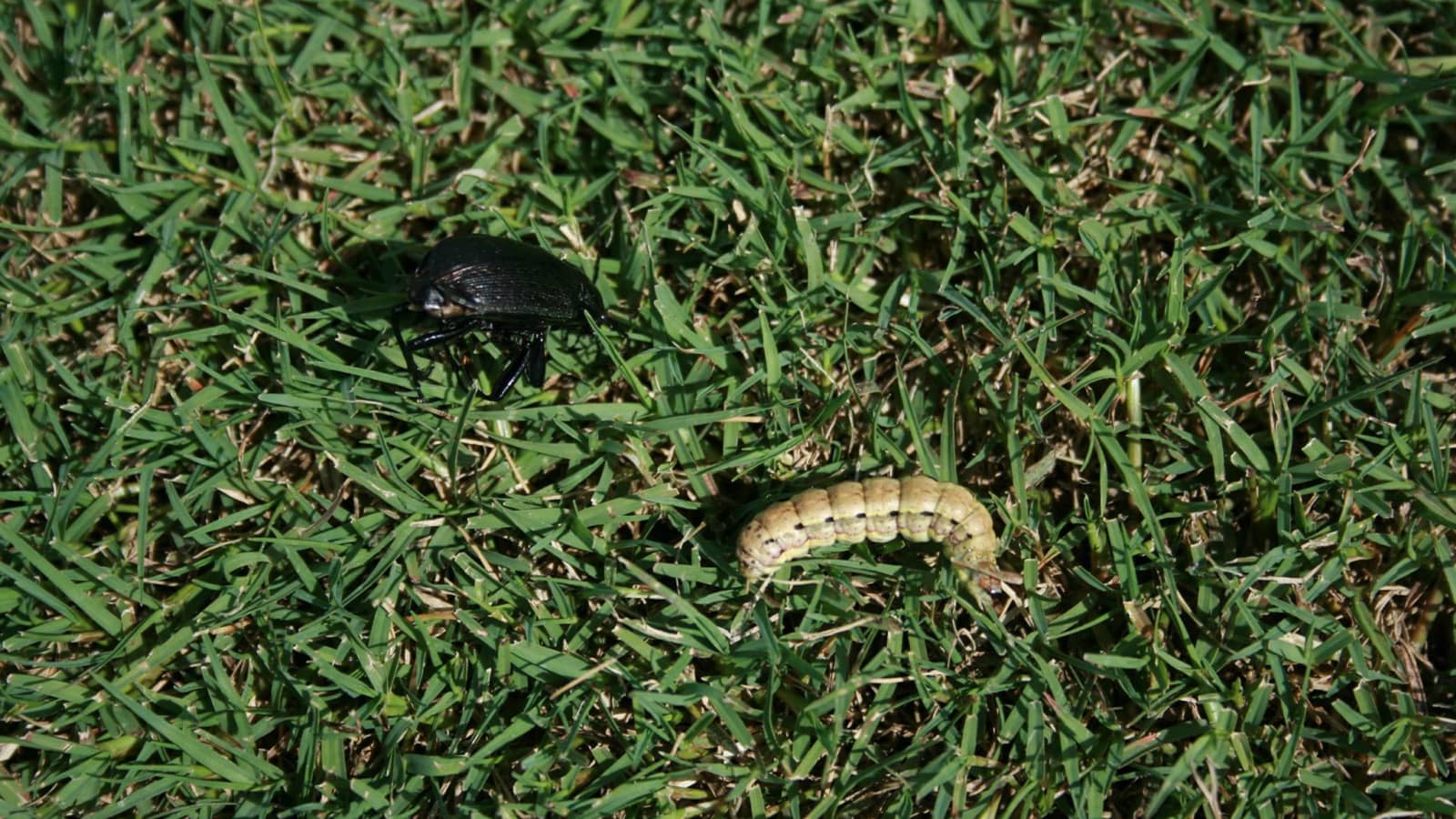

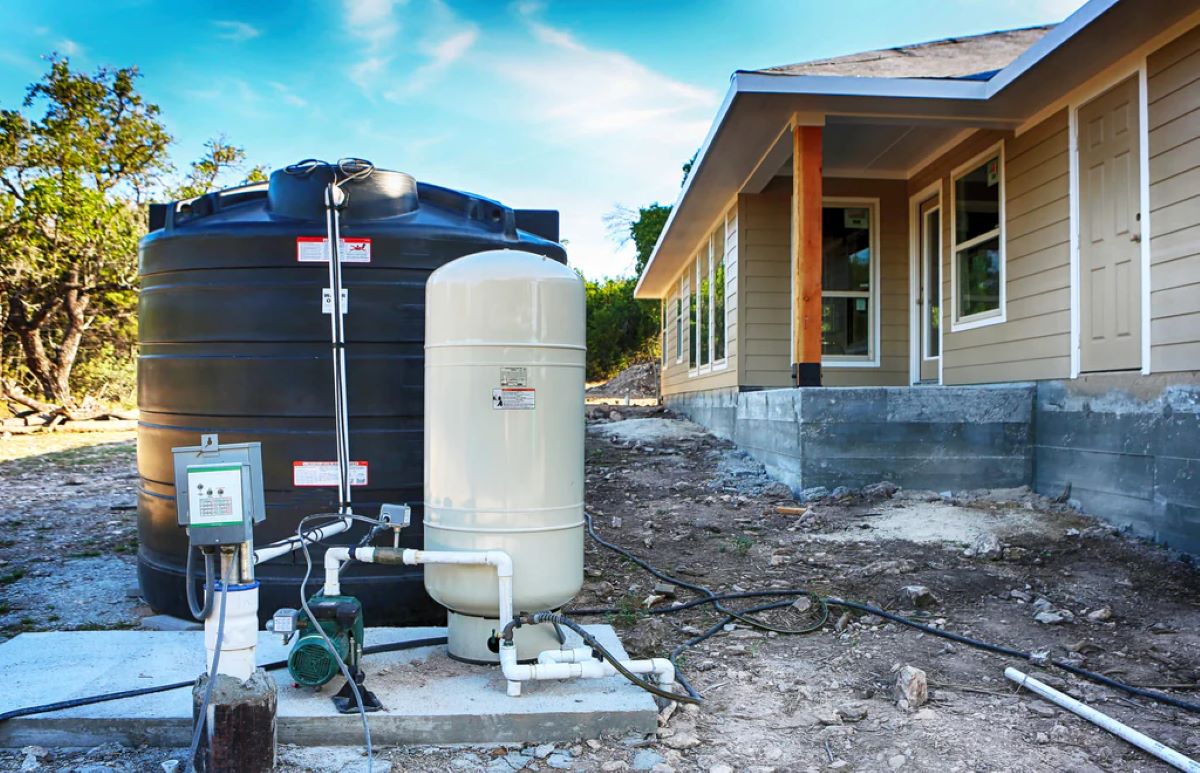
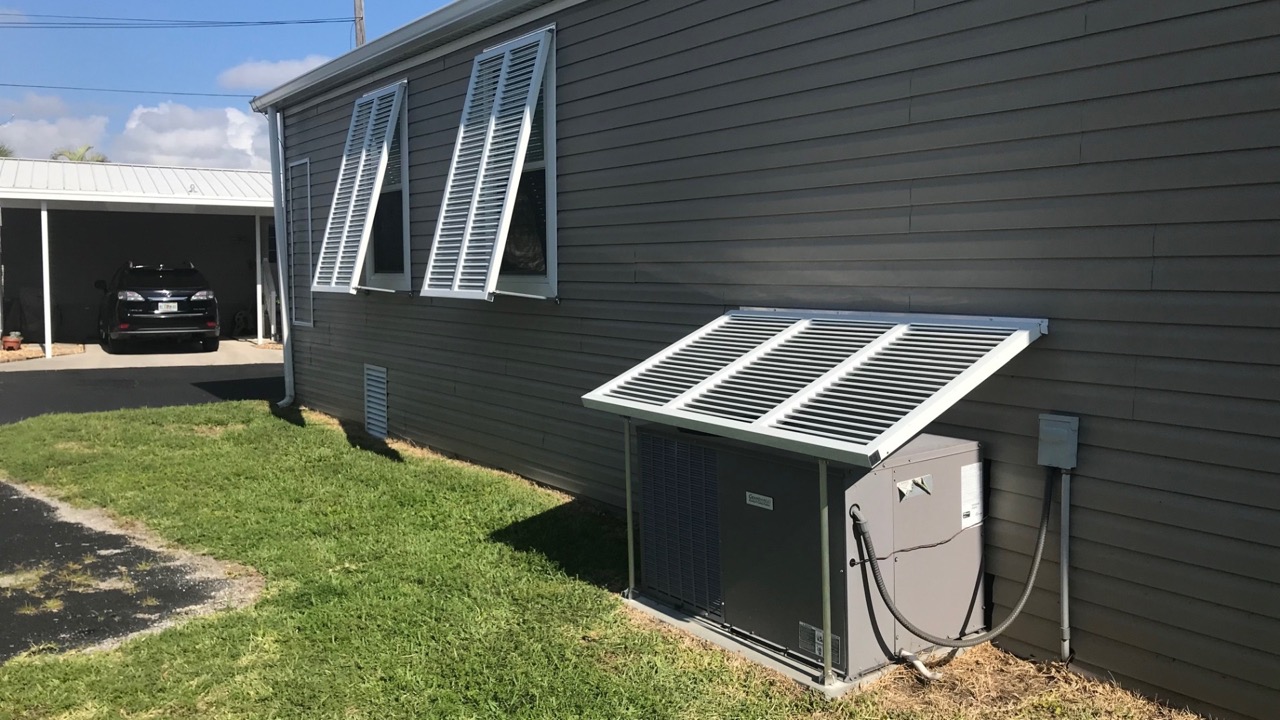
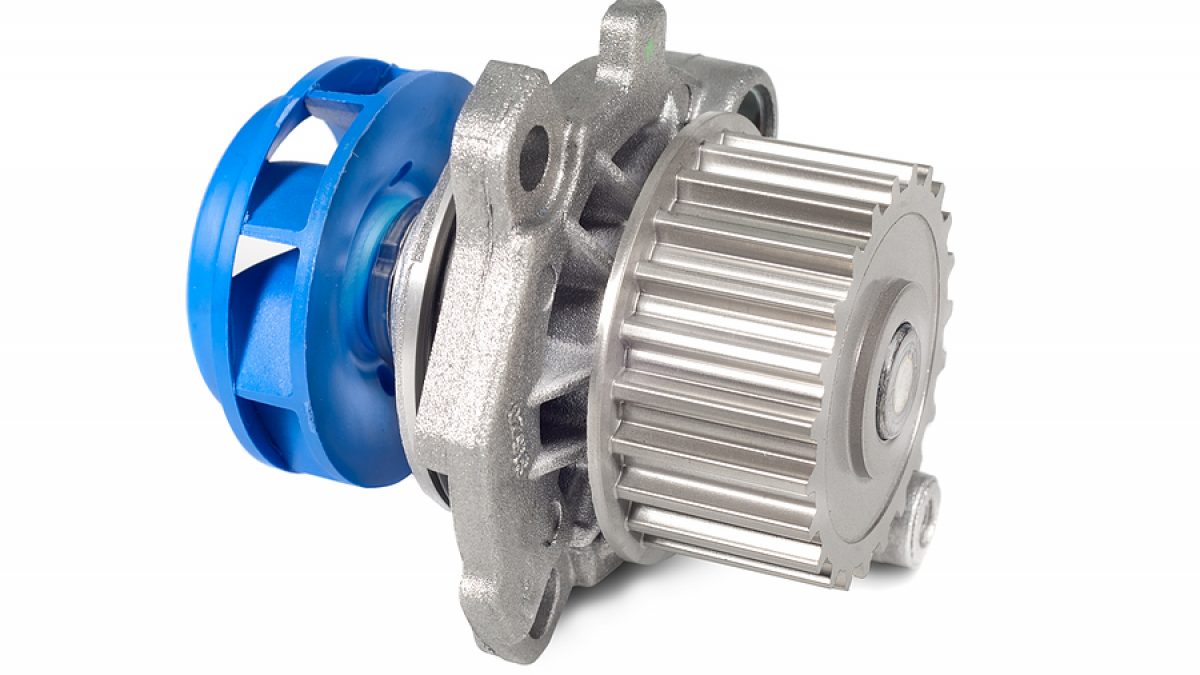
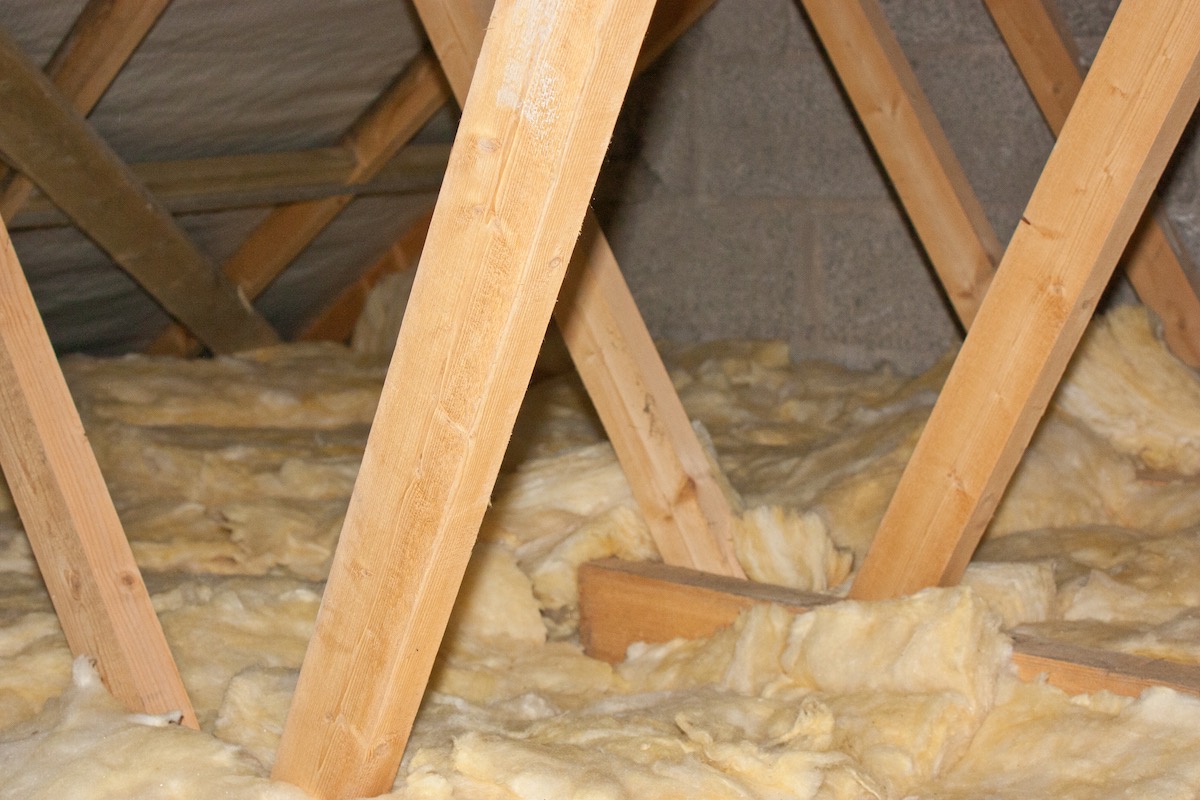
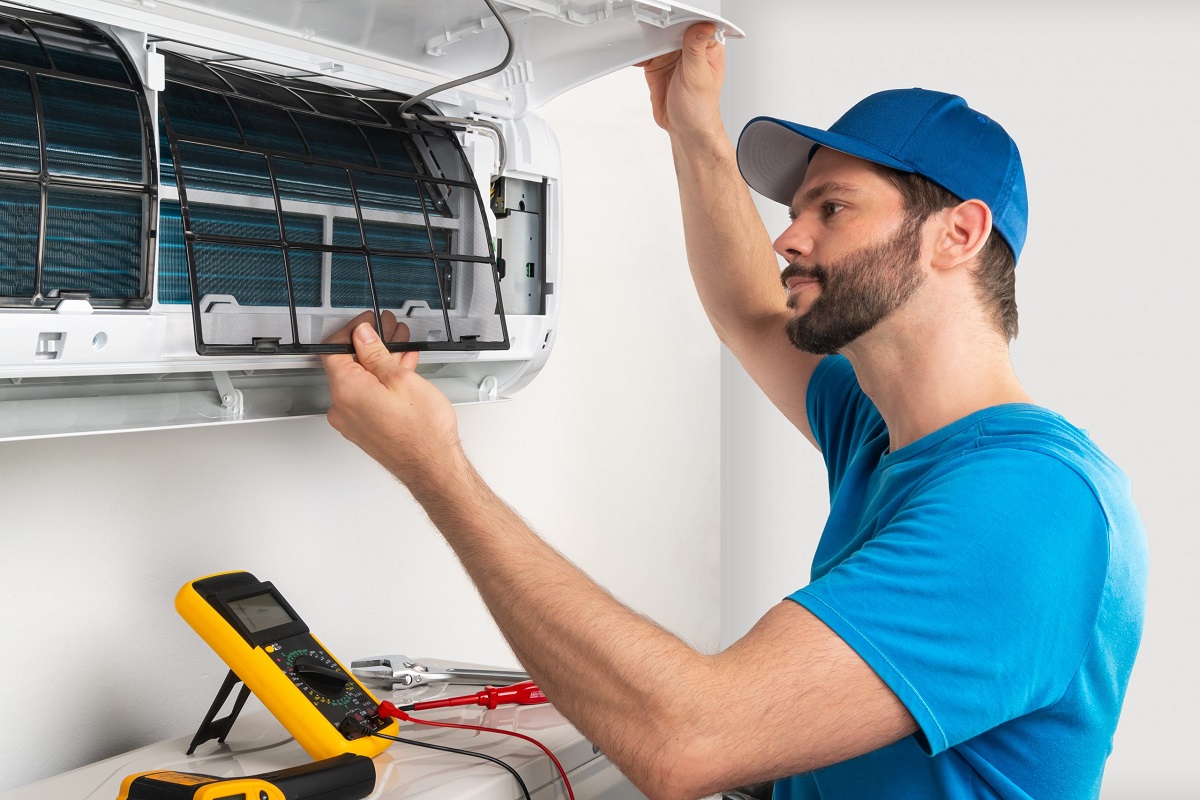

0 thoughts on “How To Tell If Your AC Is Frozen”